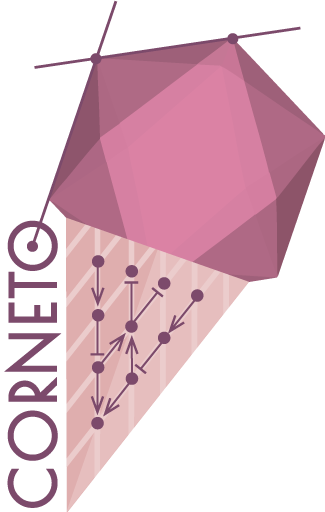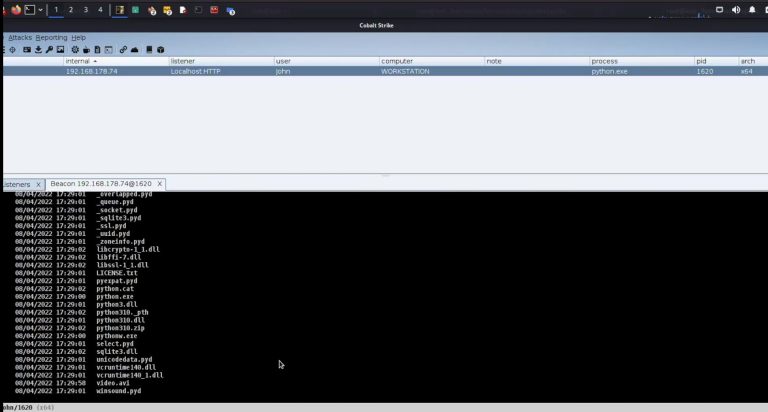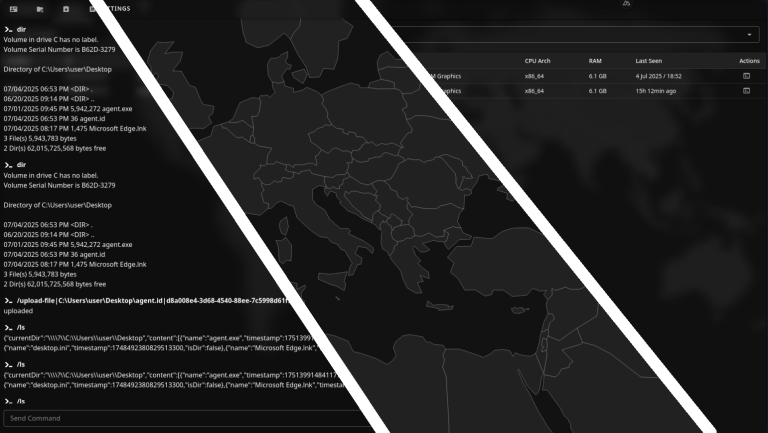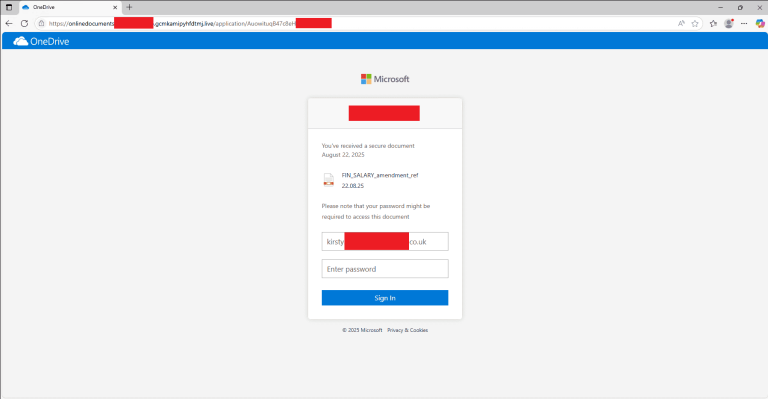
Researchers from EMBL-EBI, in collaboration with colleagues at Heidelberg University, have introduced CORNETO—a novel computational tool designed to help scientists decode complex omics data. The methodology is detailed in Nature Machine Intelligence.
CORNETO, an acronym for Constrained Optimization for the Recovery of NETworks from Omics, leverages machine learning techniques and curated biological databases to reconstruct molecular interaction networks from transcriptomics, proteomics, and metabolomics datasets. These maps illuminate the intricate interplay between genes, proteins, and signaling pathways in both healthy and diseased cells.
Project lead Julio Saez Rodriguez explained that the team aimed to tackle a common challenge in systems biology: distilling coherent patterns from vast, heterogeneous datasets. CORNETO simultaneously analyzes multiple data layers, seeking consistencies aligned with established cellular knowledge. This integrative approach accelerates the transition from raw data to interpretable biological models.
Unlike conventional methods that treat each condition in isolation, CORNETO processes multiple samples concurrently. It identifies processes conserved across datasets while highlighting sample-specific characteristics. The tool is customizable to specific research objectives and can be extended with new data types.
The team validated CORNETO on transcriptomic profiles of cancer patients, where it successfully identified dysregulated kinases—findings later corroborated by independent phosphoproteomic analysis. The resulting networks captured both shared signaling pathways and patient-specific deviations, paving the way for more tailored therapeutic strategies.
CORNETO is currently employed in the European DECIDER project to uncover mechanisms underlying chemotherapy resistance in ovarian cancer. Its adaptability has also been demonstrated in yeast models, where it revealed essential metabolic routes enabling growth despite gene knockouts—insights that may accelerate the engineering of industrial yeast strains for biofuel and bioproduct synthesis.
The source code for CORNETO is openly available on GitHub under the GPL license, empowering research teams to freely integrate it into their scientific workflows.






